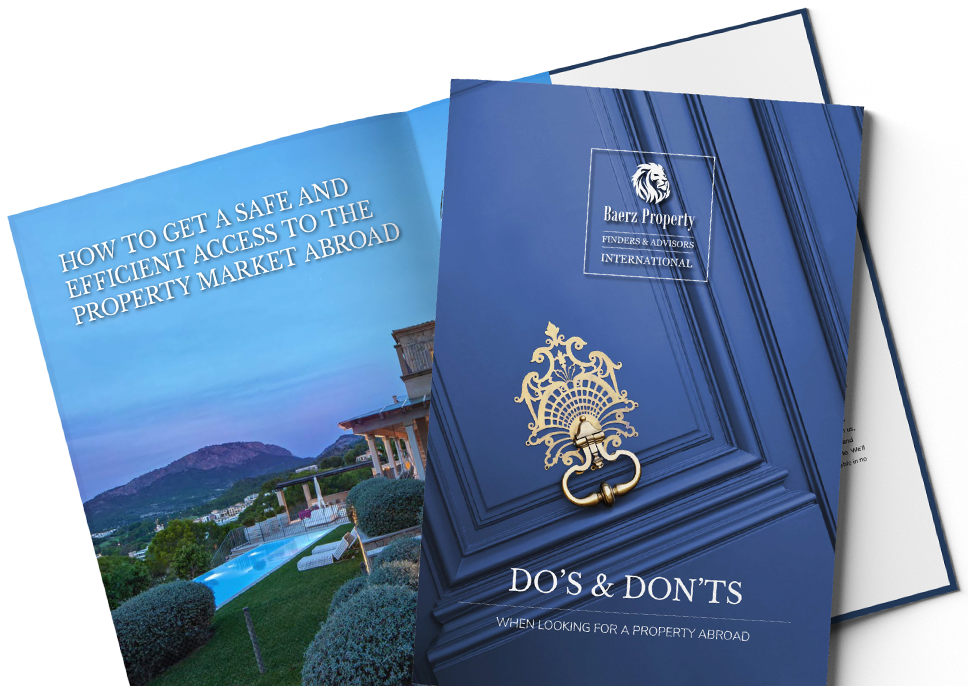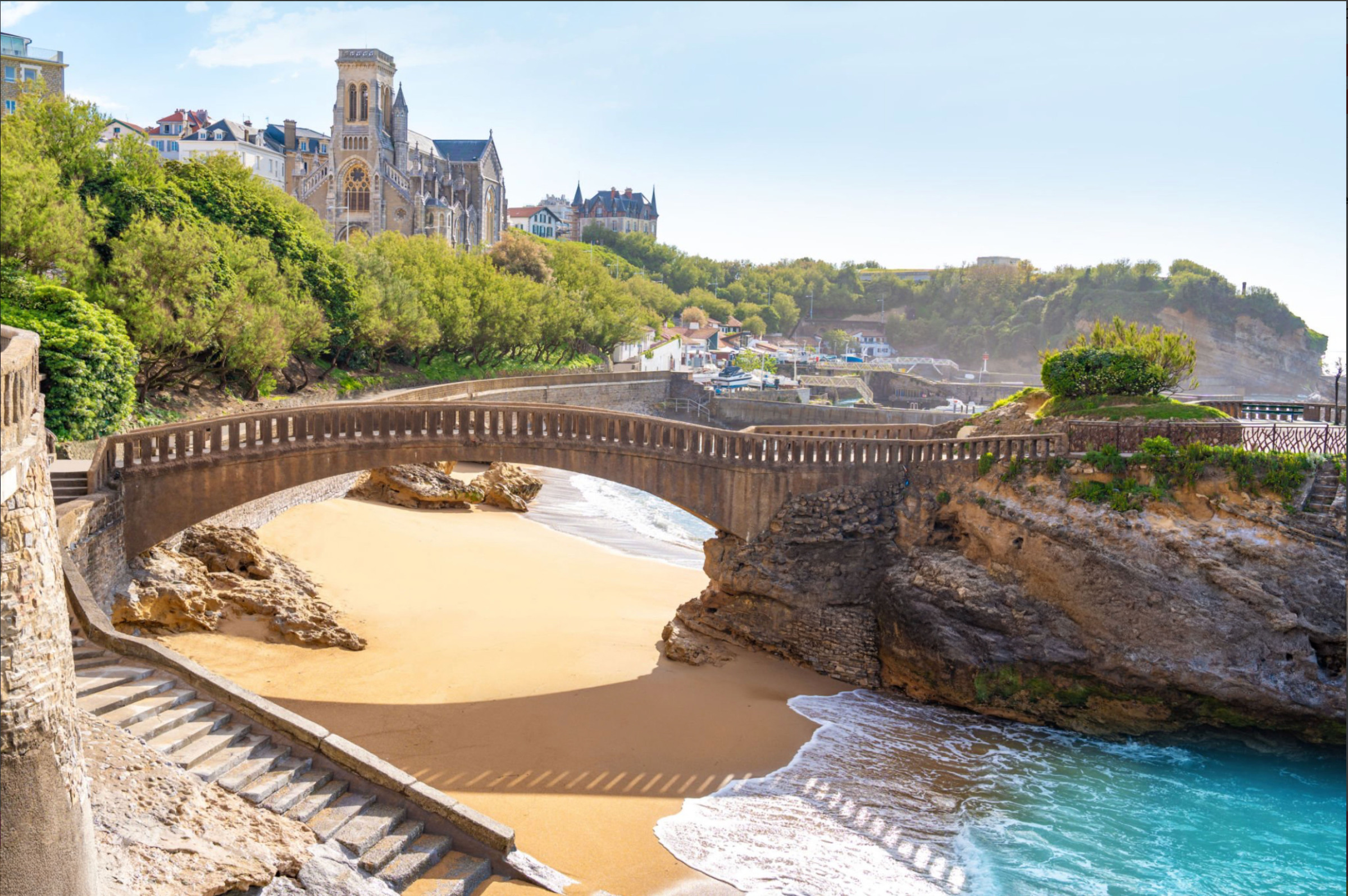
Рынок элитной недвижимости в Сотерне рассчитан на узкий круг покупателей, ориентированных на приватность, исключительность и связь с вино- и культурным престижем. Спрос стабилен за счет интереса международной аудитории к культуре Бордо и долгосрочной ценности наследия. Предложение ограничено; сделки зачастую проходят конфиденциально, а сроки определяются семейной преемственностью или консолидацией хозяйств. Стоимость недвижимости отражает качество архитектуры и винодельческие традиции.
Основные объекты премиального уровня располагаются в самой деревне или среди знаменитых виноградников. Окрестные коммуны, такие как Барсак и Фарг, сопоставимы по престижу и зачастую отличаются большим участком или историческим статусом владения. Чаще всего это реконструированные усадьбы, фермерские дома или изысканные загородные резиденции с благоустроенными парками и собственными винными погребами; их ценность определяется расположением и близостью к виноградникам.
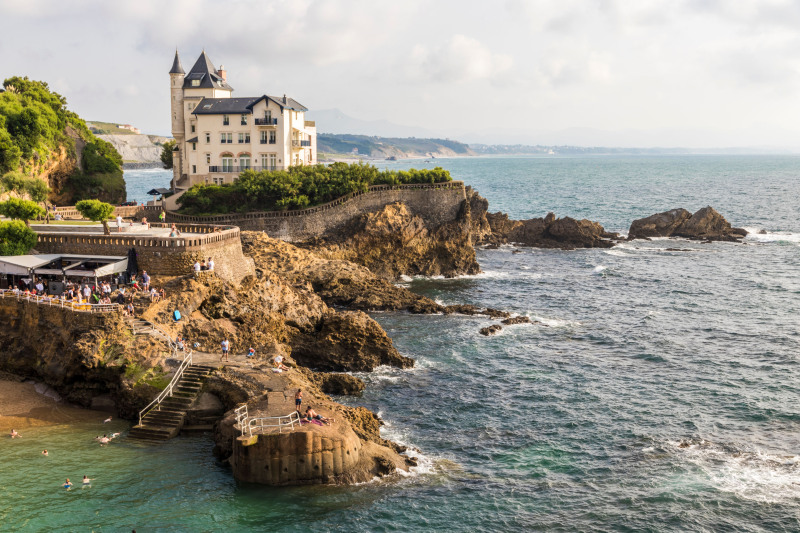
Сотерн привлекает покупателей, которые ищут идеальное сочетание традиций и современной роскоши. Регион известен благородными сладкими винами, а также тишиной и холмистыми виноградниками. Владение здесь, как правило, подчеркивает уважение к наследию и стремление к спокойной, но утончённой жизни. Покупатели ценят приватность и размеренный ритм, будь то постоянное проживание или второй дом — регион востребован у коллекционеров и ценителей со всего мира.
Чаще сделки оформляются как прямое приобретение недвижимости, но для винодельческих владений возможны сделки через юридические лица. Крайне важно провести юридическую экспертизу, особенно если объект включает виноградники или сельскохозяйственное производство. Французское законодательство прозрачно, однако для объектов с историческим статусом и сложной границей участка потребуется экспертное сопровождение. Покупателям имеет смысл привлекать местных нотариусов и консультантов, чтобы учесть все нюансы и оформить сделку безупречно.
Сезонная аренда не является массовой, однако собственники иногда сдают дома во время мероприятий или сбора урожая, привлекая энотуристов и гостей фестивалей. Доход остаётся умеренным и, как правило, осуществляется через специализированные агентства, что помогает сохранять престиж и камерность региона. Главный акцент — долгосрочное поддержание наследия, а не высокая ротация арендаторов.
Навигация по уникальному рынку недвижимости требует специализированных знаний — от поиска скрытых предложений, недоступных публично, до структурирования сложных сделок, связанных с историческим, винодельческим или наследственным статусом. Надёжные советники предоставляют местную экспертизу с глобальным видением, обеспечивают конфиденциальность и точность на всех этапах — от поиска до передачи прав собственности.
Привлекательность Сотерна выходит за рамки известного вина: он сочетает редкое спокойствие и выгодную близость к Бордо. Регион открыт для удалённых специалистов и творческих предпринимателей, вдохновлённых видами виноградников, с возможностью приватного соединения и работы в реконструированных пространствах. Бутик-отели развиваются благодаря бережному переоборудованию наследия в гостевые дома и гастрономические направления. Сегмент аренды класса люкс ориентирован в основном на эксклюзивные event-проживания, а инвестиции в винный бизнес позволяют не только сохранять наследие, но и диверсифицировать активы — особенно для тех, кто интересуется бутиковым производством или сельскохозяйственным наследием.
Регион пользуется преимуществами развитой инфраструктуры и стабильного управления Франции: хорошие дороги соединяют Сотерн с Бордо и международными транспортными узлами. Местные власти уделяют большое внимание сохранению винодельческого наследия, развитию устойчивого туризма и поддержанию уникальной среды. Экономическая устойчивость основана на стабильном спросе на высококачественное вино и уникальный опыт проживания, дополненный притягательностью сельской аутентичности и гарантией надёжного владения недвижимостью.
Повседневные расходы соответствуют уровню сельской Франции, однако обслуживание исторических домов и винных поместий требует дополнительных трат. Коммунальные услуги и сервисы по-прежнему умеренны, а на крупных объектах принято пользоваться услугами персонала. Рестораны предлагают сезонную кухню, рестораны отмечены звёздами Мишлен, а местная продукция всегда доступна. По сравнению с французскими мегаполисами ежедневные расходы ниже, однако владение объектом с историей подразумевает регулярные инвестиции в сохранение, что хорошо известно международным покупателям.
Жизнь здесь строится на тонком вкусе, уважении ремеслу и традициям. Местные наслаждаются сменой сезонов — от пробуждения виноградников весной до осеннего сбора урожая, отмечая это застольями и гастрономическими событиями. Культурная жизнь неразрывно связана с вином: приватные дегустации, праздники в шато, сельские фестивали. На природе — велопрогулки, прогулки вдоль рек или конные маршруты, а в домах гармонично сочетаются историческая атмосфера и современные удобства. Роскошь выражается в качестве жизни, приватности и особой близости к природе.
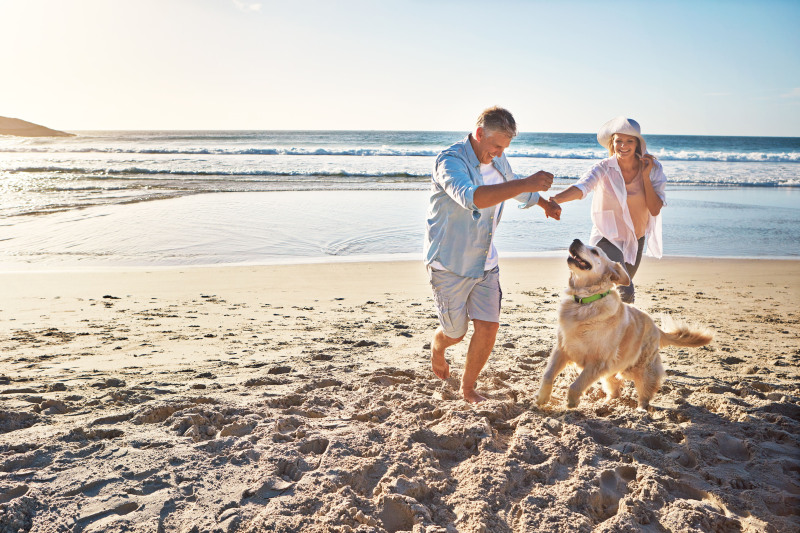
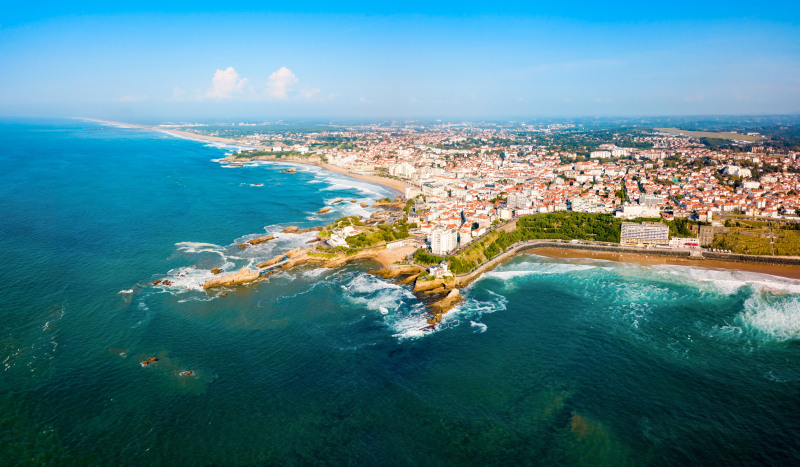
Климат определяют мягкие зимы и тёплое лето, утренняя дымка от рек Гаронна и Сирон создаёт условия для легендарных вин Сотерна. Весна приходит плавно, летние дни обычно солнечны и не знойны, а осень окрашена живописными красками. Такой умеренный климат комфортен для проживания круглый год, способствует активности на свежем воздухе и ритму жизни по винодельческим сезонам.
В актуальном портфеле — тщательно отобранные объекты, от отреставрированных шато до очаровательных сельских домов, отобранных местными экспертами. Каждая недвижимость уникальна происхождением, расположением и гармонией с окружающим ландшафтом, что обеспечивает покупателю индивидуальный подбор редких активов в Сотерне.
